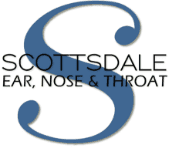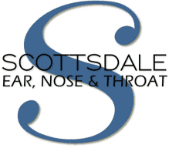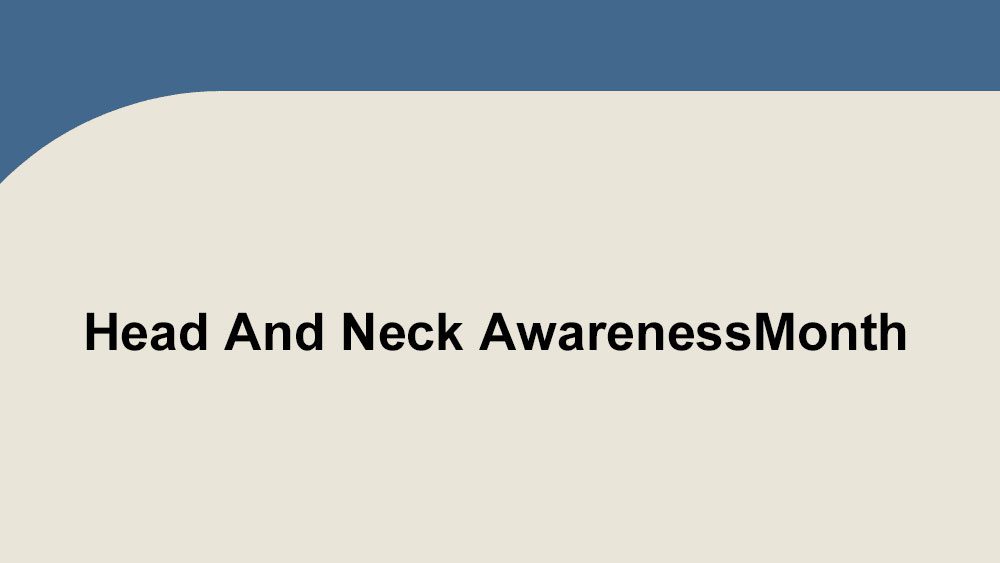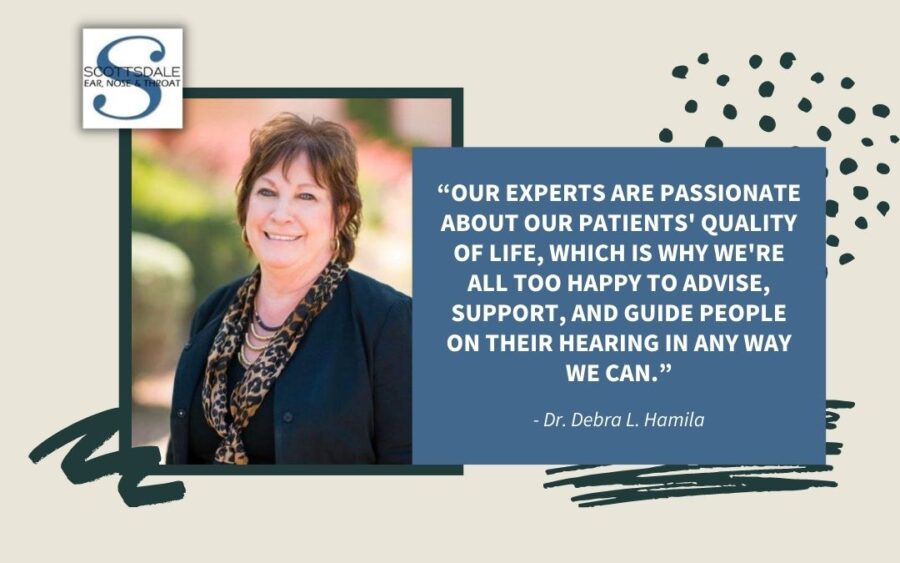Understanding Head and Neck Cancer: Awareness, Prevention, and the Path to Treatment
Each April, we recognize Head and Neck Cancer Awareness Month, a crucial time to spotlight a group of cancers that are often overlooked—but not uncommon. Head and neck cancers include malignancies that arise in the mouth, throat, voice box, sinuses, and salivary glands. Although these cancers represent only about 4% of all cancers in the United States, early detection and education can dramatically improve outcomes.
This awareness month provides an opportunity to learn about the warning signs, explore ways to prevent these cancers, understand how they’re diagnosed, and review modern treatment options available today.
What Are Head and Neck Cancers?
Head and neck cancers are a category of cancers that begin in the squamous cells lining the moist mucosal surfaces inside the head and neck. These include areas such as the mouth, throat (pharynx), larynx (voice box), nasal cavity, and salivary glands.
Most head and neck cancers are squamous cell carcinomas, and many are linked to tobacco and alcohol use, as well as human papillomavirus (HPV) infection.
Common Symptoms to Watch For
One of the reasons head and neck cancers can go undiagnosed until later stages is because their symptoms often seem minor or are mistaken for other common issues. Recognizing these signs early can save lives. Here are symptoms to be aware of:
-
A persistent sore throat
-
Difficulty or pain when swallowing
-
Hoarseness or voice changes lasting more than two weeks
-
A lump in the neck or throat
-
Sores in the mouth that don’t heal
-
Unexplained weight loss
-
Ear pain or a feeling of fullness in the ear (especially on one side)
-
Bleeding from the mouth or nose
If you experience any of these symptoms for more than a couple of weeks, it’s important to schedule a comprehensive ENT evaluation.
Prevention: Reduce Your Risk
The good news is that many head and neck cancers are preventable. Several lifestyle changes can significantly lower your risk:
- Avoid tobacco products – Cigarettes, cigars, and chewing tobacco are leading causes of cancers in the mouth, throat, and voice box.
- Limit alcohol consumption – Especially in combination with smoking, alcohol use greatly increases your risk.
- Get vaccinated against HPV – The HPV vaccine can prevent HPV-related cancers of the throat and tonsils.
- Practice good oral hygiene – Gum disease and chronic irritation may increase cancer risk.
- Protect yourself from excessive sun exposure – Especially important to prevent lip cancer.
- Eat a diet rich in fruits and vegetables – Nutrients found in these foods support immune health and cellular repair.
Prevention is powerful, and regular checkups play a vital role in early detection.
Treatment and Procedures
Treatment for head and neck cancer depends on the tumor’s location, stage, and type, but typically includes:
-
Surgery – To remove cancerous tissue; may be done endoscopically or via open procedures.
-
Radiation therapy – Often used as a primary treatment or after surgery to destroy remaining cancer cells.
-
Chemotherapy – Sometimes combined with radiation, particularly for more advanced cancers.
-
Targeted therapy – Uses medications that specifically attack cancer cells with less harm to healthy tissue.
-
Reconstructive surgery and rehabilitation – To help patients recover speech, swallowing, and appearance post-treatment.
Modern advances in surgical techniques and precision medicine have made treatments more effective and less traumatic than ever before.
When to See a Specialist
Head and neck cancers can be highly curable when caught early. That’s why seeking care from experienced specialists is essential at the first sign of persistent symptoms.
Take Action Today
If you or someone you love is experiencing signs of head and neck cancer—or if you simply want a comprehensive screening—Scottsdale Ear, Nose, and Throat is here to help. Our expert ENT team is equipped with state-of-the-art diagnostic tools and offers compassionate, individualized care.
Don’t wait. Early detection saves lives. This Head and Neck Cancer Awareness Month, take the step toward better health with Scottsdale ENT.



